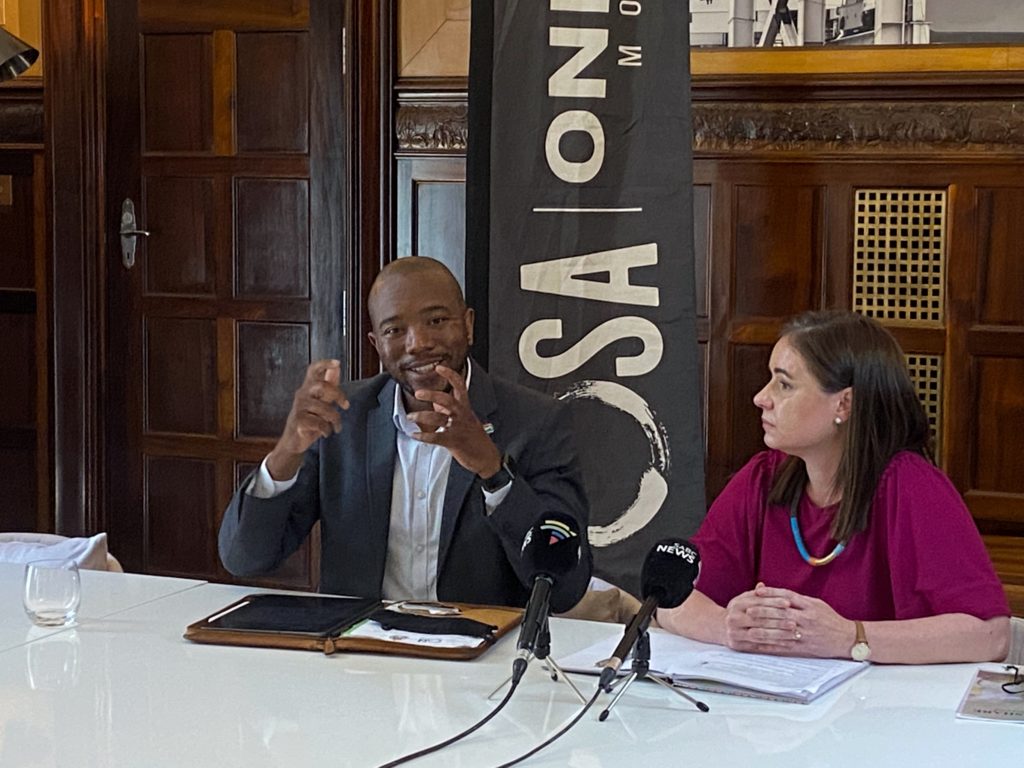Former leader of the Democratic Alliance (DA) and Chief Activist of the One South Africa Movement (OSA) Mmusi Maimane, in partnership with former DA Member of Parliament (MP) and founder of Rightful Share: An income movement, Karen Jooste, unveiled their plan to pilot a basic income grant in South Africa.
South Africa currently has multiple grants which cover persons who are traditionally economically excluded, including those with disabilities, children and pensioners. However, as more jobs are lost to digitisation and the country struggles through economic hardships, there are more people left without jobs and no access to assistance to keep food on the table.
“We need a new plan,” said Maimane during a press conference on Monday [November 2]. “If you do not address income inequality there will be no peace.”
As a solution to this, Jooste created her Rightful Share Movement which aims to give South Africans a “financial floor” to work from and make it possible for them to participate in the economy.
“So that South Africans have more choice and agency and the ability to kind of hustle,” she explained. “Poverty makes people dependent, not grants. In the absence of cash transfers, adults have to depend on equally poor neighbours or family member to make ends meet.”
Supported by OSA, Rightful Share will begin the pilot project next year in a rural town which has not yet been determined. Those from that town between the ages of 18 and 59 who self-identify as economically excluded will be able to apply for this rightful share. There is no means test, and no threshold requirements participants have to meet. Each month 10 people will be chosen to receive the R1,200 monthly share and this will last 18 months.
The pilot is being privately funded but the Rightful Share model, should it be implemented by government nationally, will look to businesses that make R50 million a year or more to be the ones contributing to the fund.
The model takes the current Black Economic Scorecard and changes the way it works. Businesses which earn below the threshold are excluded and those above contribute 10% of their net after-tax profit to the fund. This is then paid out to those who have applied for it. This then makes them compliant and all other BEE requirements are no longer necessary.
The idea behind this model is two-fold, firstly it is an efficient way of garnering funds for the share and it also is a simpler way of requiring social contributions from successful large businesses that leaves no room for corruption.
The pilot hopes to provide a way forward and be a global example of how governments should deal with poverty and economic inequality in a world that is changing at an incredible speed and leaving many behind.
“We have to lead the way, we have to create the answer,” said Jooste.
Picture: Leila Stein

